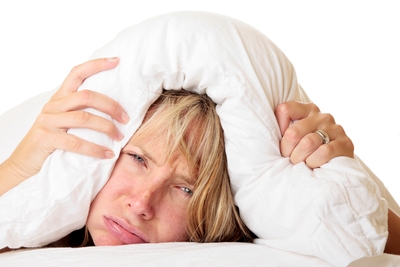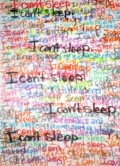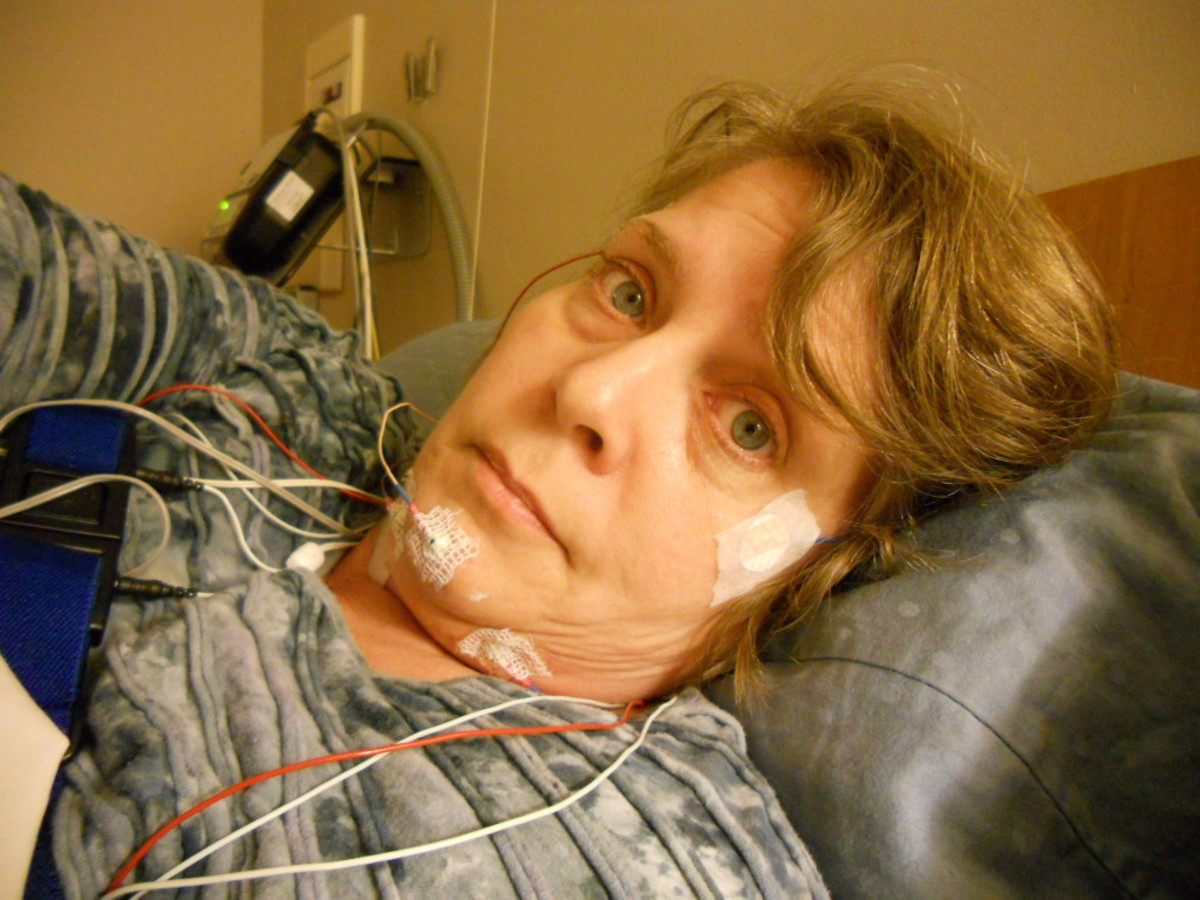How to Go to Sleep and Stay Asleep

You're not Alone
Sleep trouble is normal; almost everyone during their lifetime has difficulty with extra-early morning awakenings, maintaining continuous, unbroken sleep, or getting to sleep.
If you find that you feel irritable, tired, or sleepy during the day and you still can't sleep well at night, insomnia may be the culprit.
Not being able to sleep can leave you feeling stressed, distracted, tired and unproductive, but it can also contribute to heart disease, high blood pressure and other conditions.
Lack of sleep has been blamed for an enormous number of work errors and dangerous accidents.

Helpful Strategies that Work!
The good news is that you can do several things to reduce or eliminate incidents of insomnia.
Consider using the following strategies to get to sleep and reduce wake-ups without the need for potentially addictive drugs.
Spend a little while relaxing before you go to sleep. A little light exercise after dinner can help you to start "winding down." Reading a book or listening to some mellow music will also set a conducive mood for sound sleep. Yoga, meditation and light stretching are also good options to get into a sleep-receptive state.
Take steps to ensure that your bedroom is comfortable and quiet. If you are unable to control external noise, you can use environmental sound machines or earplugs to cover the disturbances.
Choose a dark environment for sleep. Ensure that your bedroom has opaque window coverings and that the lights on electronic devices are muted. Consider wearing an eye mask if this isn't possible.
When you get up, immediately open all the blinds to let in the morning sun. This ensures that your "sleep clock" maintains correct time. If your eyes come into contact with bright light early, you'll find yourself feeling awake and alert much faster.
Avoid daytime napping. If you can't avoid a nap, stick to a short one and make sure it's over by mid-afternoon.
Make certain to get daily physical activity. Spend some time in the gym, take an organized fitness class, go cycling or enjoy a vigorous walk. Make certain you don't get too vigorous just before it's time to sleep, however. If you're too active, your body will warm up and wake up.
Never drink or smoke close to bedtime. Nicotine's stimulant properties are well-known, but alcohol's depressant effects tend to wear off in the middle of the night, waking you up. The rebound effect makes it hard to sleep deeply and encourages an overactive bladder.
Skip the TV, computer and other electronic gadgets right before bedtime. These backlit devices work on your brain in the same way as sunlight.
An intense or heated discussion could prevent restful sleep. This rule includes online and telephone conversations as well as in-person talks. These activities can get you 'wound up' and affect your ability to fall asleep.
Don't let hunger keep you awake. Even if you're trying to lose weight, hunger can be detrimental to sleep. Feeling hungry can keep you up. Consider eating a healthy snack about 60 minutes before you go to bed to increase the body's ability to produce melatonin.
Choose snacks containing protein, calcium and complex carbs before bed. Snacks such as nuts or cheese offer sleep-promoting tryptophan. This chemical allows your body to more easily produce relaxing melatonin and serotonin. Oatmeal, yogurt, turkey and whole grains also make good nighttime snacks.
Try not to think about your problems at bedtime. Choose a pleasant line of thought instead. Consider mentally listing everything you enjoy about life.You can ponder your favorite people, your pets, or your best recent accomplishment. Make a mental picture of your favorite vacation spot or somewhere you'd like to go.
Practice breathing exercise at bedtime. Make sure you breathe from the diaphragm, not the chest. Breathe in through the nose while counting to four, hold it, then exhale for another count of four. Silently repeating a comforting word as you breathe out may also help.
If you wake up in the night, and can't get back to sleep within a half hour, then get up. Leave the bedroom and engage in a relaxing activity. Perhaps have a cup of herbal tea or do some reading. Whatever you do, don't stress about how to go to sleep and stay asleep.
Good Resources for Insomnia and Sleep Disorders
- Sleep Disorders Place - The Place to Solve your Sleep Problems
Sleep Disorders Types, Symptoms, Causes, Treatments and Resources. Find the help you need to solve your sleep problems now! - National Sleep Foundation - Information on Sleep Health and Safety
Waking America to the Importance of Sleep. - American Sleep Association
The American Sleep Association (ASA) is an international organization dedicated to increasing awareness about sleep disorders, such as sleep apnea, insomnia, restless legs syndrome (RLS), parasomnias, and narcolepsy.








